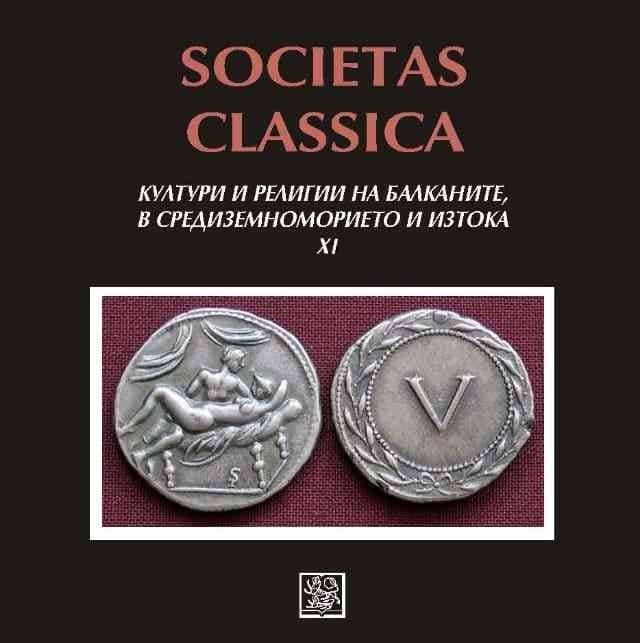Паралели в лексикалното обновяване на новогръцкия и българския език чрез заемки
Parallels in The Lexical Renewal of the New Greek and Bulgarian Languages through Loanwords
Author(s): Rumen Rikevski
Subject(s): Language and Literature Studies, Theoretical Linguistics, Applied Linguistics, Lexis, Semantics, Language acquisition, Comparative Linguistics
Published by: Великотърновски университет „Св. св. Кирил и Методий”
Keywords: loanword; internationalism; non-equivalent vocabulary; equivalent vocabulary
Summary/Abstract: In both modern Greek and Bulgarian, borrowing foreign words is a major way to enrich vocabulary at the beginning of the 21st century. It is characteristic of both languages that often at the beginning of the acquisition of a loan word it can function both in an adapted and non-adapted form, and sometimes remains in the home language with zero degree of adaptation. The process of borrowing foreign words is effective and useful when it is communicatively and functionally justified, ie. non-equivalent vocabulary enters the language. In both Balkan countries, the equivalent fashion vocabulary, mostly of English origin, arouses the attention and concern of the public in order to limit its invasion and to preserve as much as possible the national-specific character of the native language.
Book: Societas Classica. Култури и религии на Балканите, в Средиземноморието и Изтока. Том 11
- Page Range: 132-137
- Page Count: 6
- Publication Year: 2021
- Language: English, Bulgarian, Greek, Modern (1453-)
- Content File-PDF

